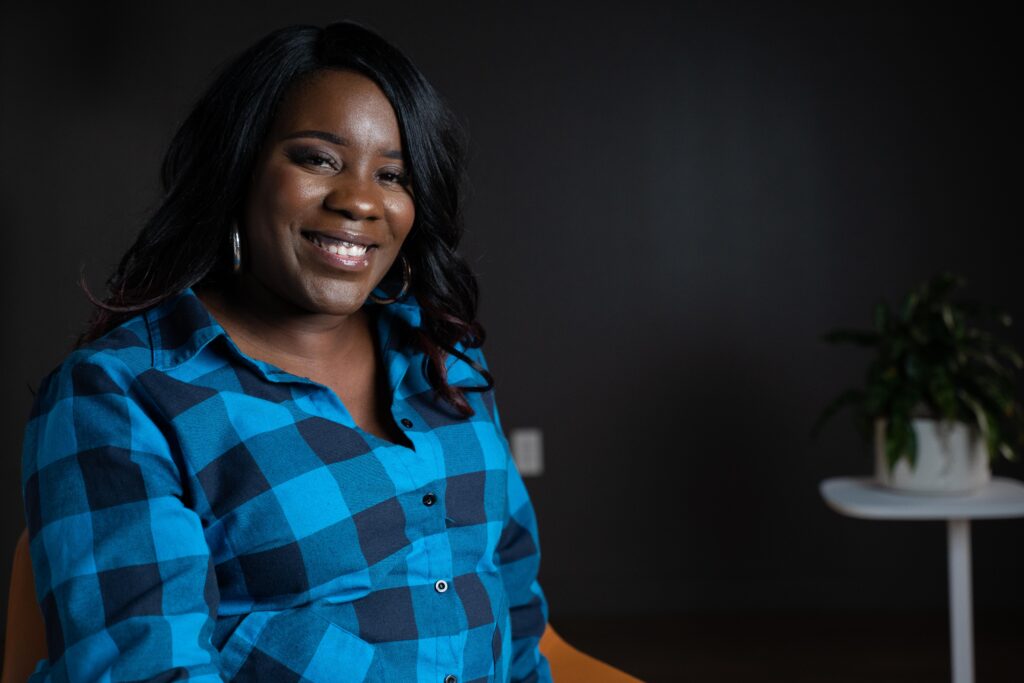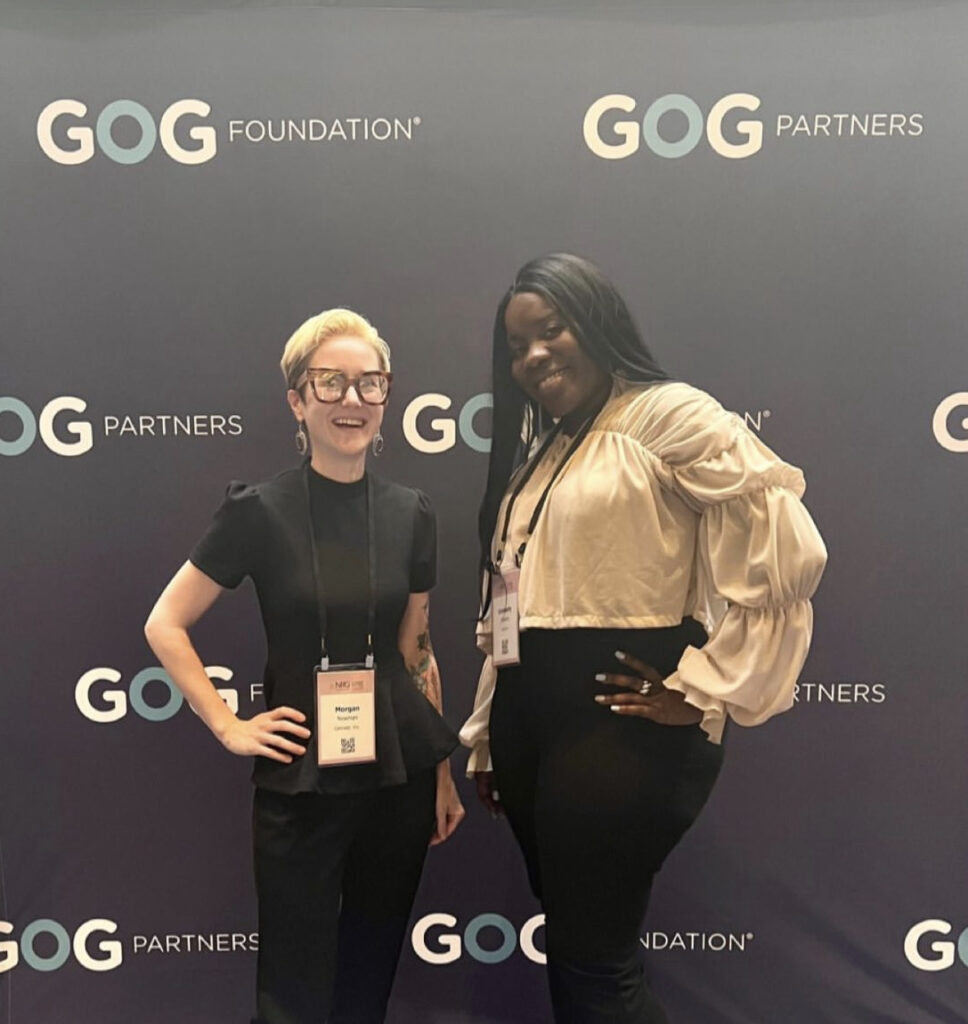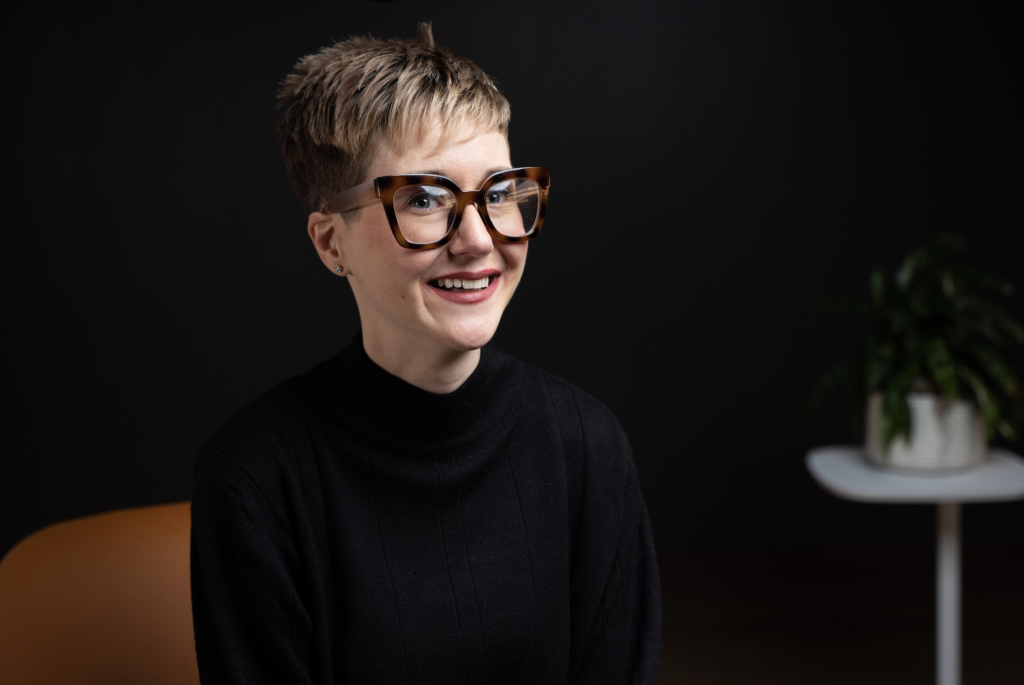In the relentless mission to end cervical cancer, every victory, every recognition, is a puzzle piece of hope, a testament to the dedication of those who tirelessly advocate for progress. Today, we are honored and humbled to celebrate the remarkable achievements of three extraordinary individuals who have devoted their lives to championing the cause of cancer patients, survivors, and advocates.
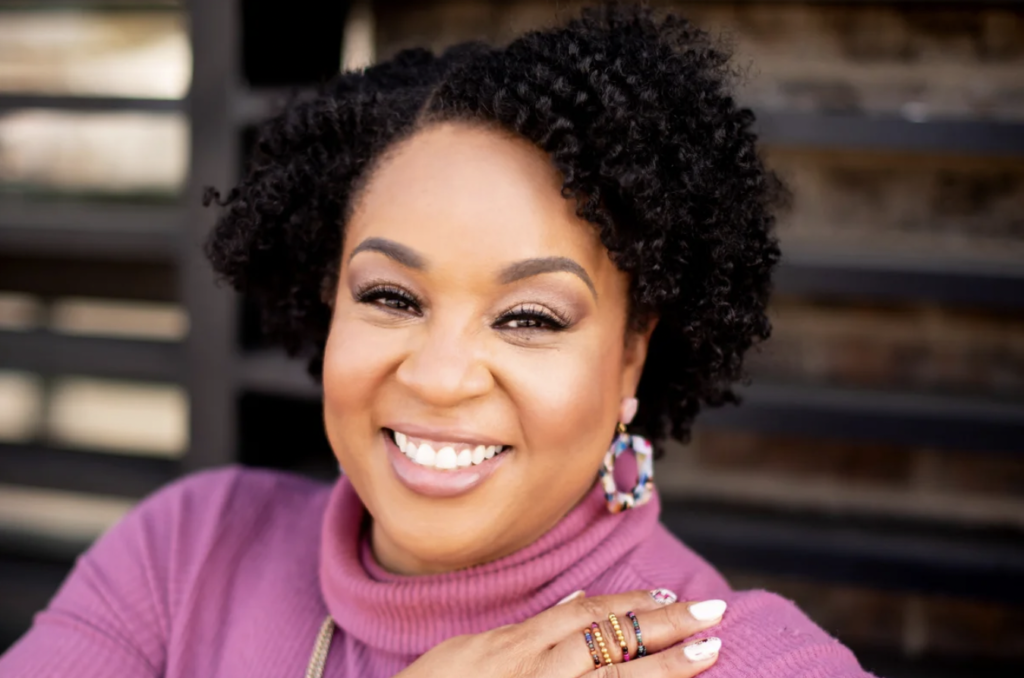
At the forefront of our celebration is Tamika Felder, our Founder and Chief Visionary, whose journey from patient to nonprofit founder has been nothing short of inspiring. In 2001, Tamika faced a daunting diagnosis of cervical cancer, a moment that would change her life forever. Determined to turn her personal struggle into a source of strength for others, Tamika founded Cervivor in 2005, an organization dedicated to educating and empowering cervical cancer patients and survivors to share their stories and make a difference.
For the past 19 years, Tamika has been a trailblazer in the mission to end cervical cancer, always advocating for the voices of patients and survivors to be heard. Her commitment and relentless efforts have earned her the incredible honor of being appointed to the National Cancer Advisory Board by President Joe Biden. This appointment is not only a testament to Tamika’s extraordinary leadership but also a recognition of the vital role that she and Cervivor play in shaping the future of cancer research, treatment, and prevention.
The National Cancer Advisory Board plays a crucial role in guiding the Director of the National Cancer Institute in setting the course for the national cancer research program. As we work towards President Biden’s ambitious goal of ending cancer as we know it through initiatives like the Cancer Moonshot, Tamika’s appointment ensures that the voices of cervical cancer patients and survivors will be heard loud and clear at the highest levels of decision-making.
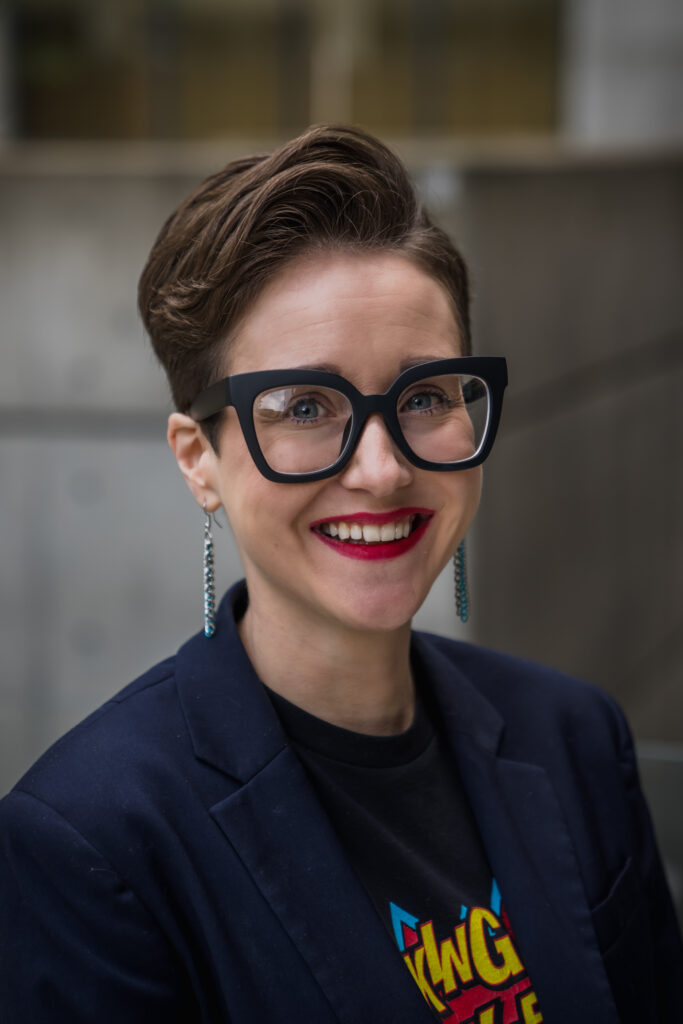
We are also thrilled to celebrate the achievements of Morgan Newman, our Community Engagement Liaison, who has been selected as a patient advocate member for the National Cancer Institute (NCI) Gynecologic Cancer Steering Committee (GCSC) Cervical Task Force (CTF). Morgan’s dedication to ensuring that patient voices are integrated into the development and evaluation of clinical trials is truly commendable. Through her involvement in these committees, Morgan is helping to shape the future of gynecologic cancer research and treatment, ensuring that the needs and perspectives of patients are always front and center.
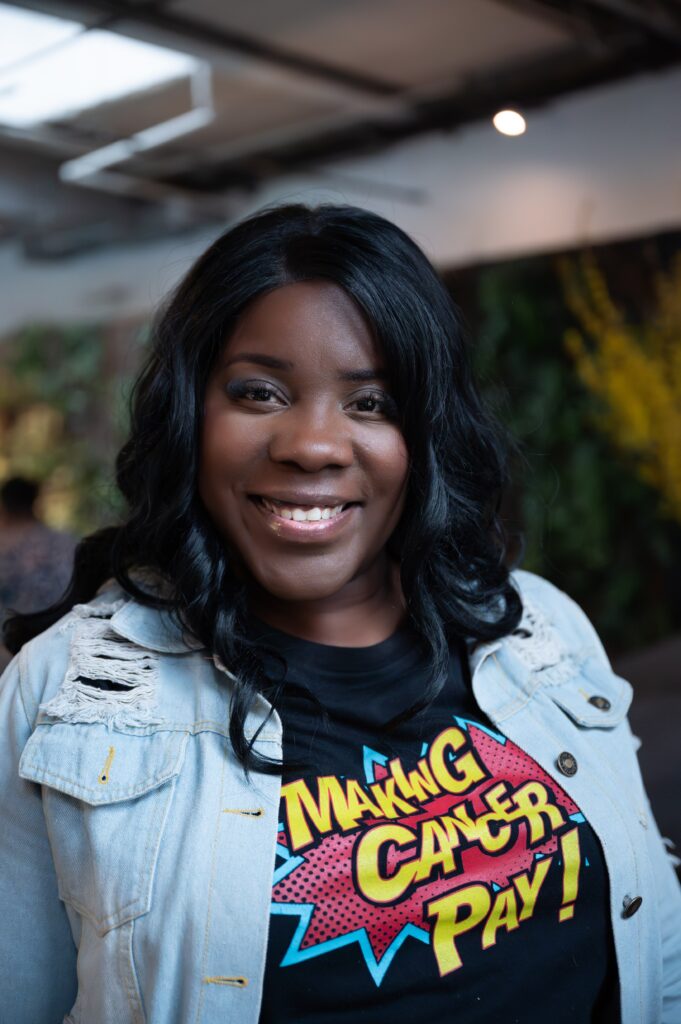
Last but certainly not least, we extend our heartfelt congratulations to Kimberly Williams, our Chief Diversity Equity and Inclusion Officer, for her continuous role as a patient advocate member for the Cervix/Vulva Cancer Committee for NRG Oncology. Kimberly’s tireless advocacy efforts have been instrumental in improving the clinical research process and ensuring that patient perspectives are always prioritized. Her recent appointment to the Diversity, Equity, and Inclusion Committee further underscores her commitment to advancing equity and inclusion in cancer research and treatment for all.
As we celebrate these remarkable achievements, we are reminded of the power of advocacy and the incredible impact that individuals like Tamika, Morgan, and Kimberly can have in the mission to end cervical cancer. Their dedication, passion, and advocacy serve as an inspiration to us all, and we are proud to stand alongside them in the quest for a world free from cervical cancer.
To learn more about Tamika Felder’s appointment to the National Cancer Advisory Board, please see the official press release from the White House [here].
